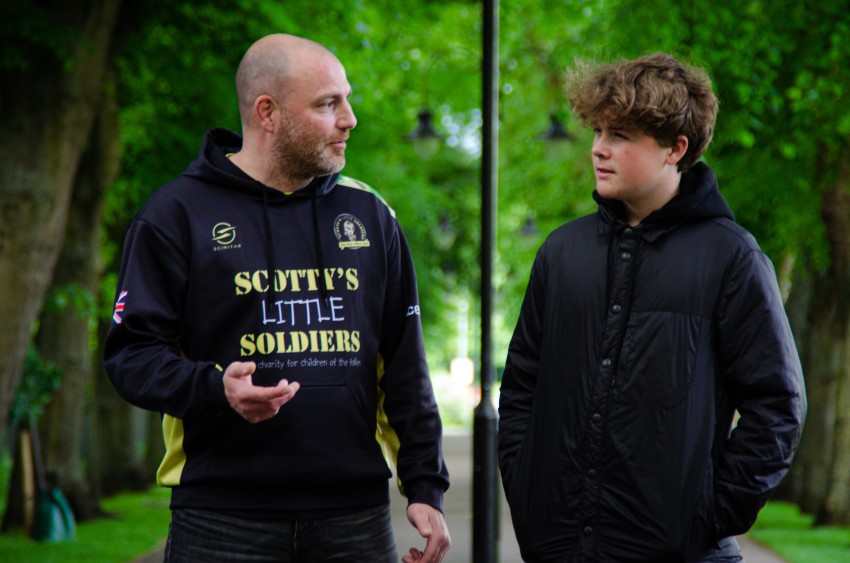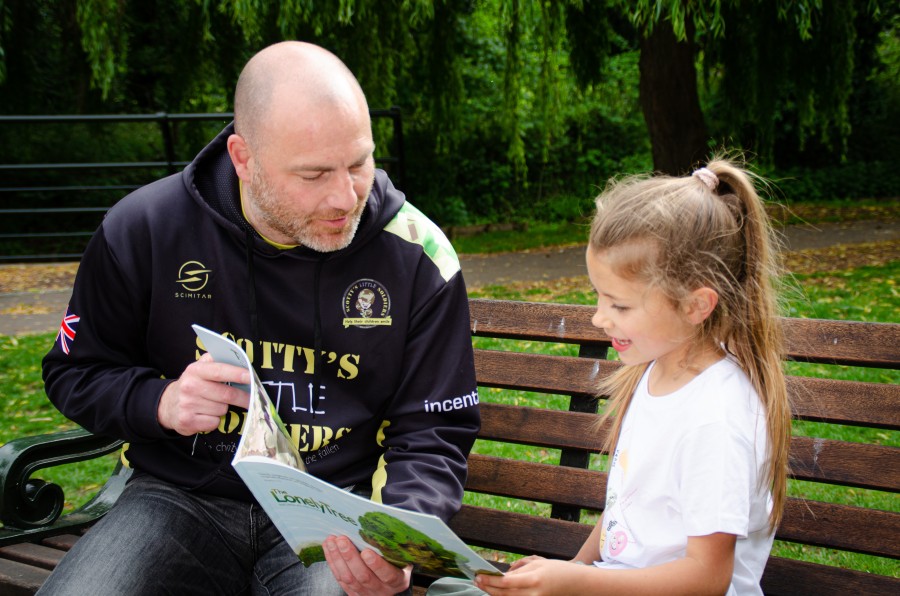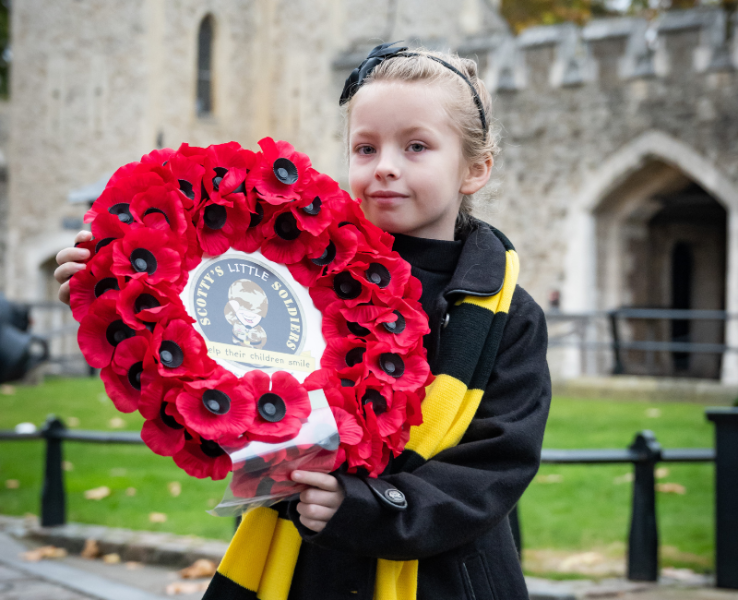Tackling sleep issues in grieving children
The death of a loved one is a life-changing, deeply impactful event for any child and one which can continue to present new challenges in days, weeks, months or even years following the bereavement.
One frequent problem faced by grieving children and young people is trouble sleeping. Sleep plays a vital role in a child’s wellbeing, which is why understanding and addressing sleep issues following the death of a loved one is so important – especially if they played a role in a child’s bedtime routine.
Scotty’s Little Soldiers, the charity for bereaved military children and young people, support hundreds of bereaved British Forces children and young people aged 0-25 years. Here, we hope to offer some guidance for parents and caregivers dealing with sleep-related difficulties in children following the death of a loved one.
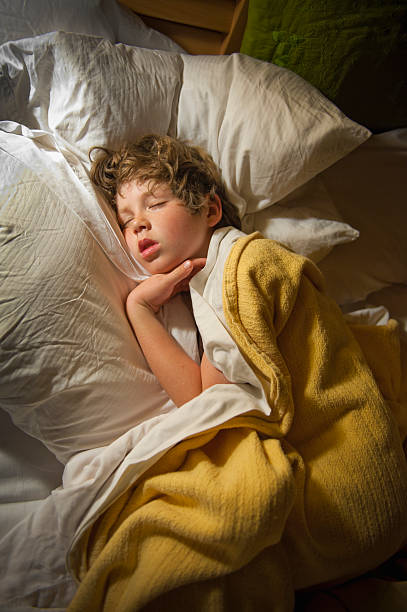
The impact of grief on sleep
Grief can profoundly impact a child's sleep, manifesting in ways such as difficulty falling asleep, frequent waking, nightmares, or changes in sleep duration. These disruptions often stem from emotional distress, anxiety, or the absence of the familiar comfort provided by their deceased loved one.
Creating a consistent bedtime routine for bereaved children
A calm and consistent bedtime routine is hugely important to a child's sleep. Encourage relaxing activities such as reading, listening to audiobooks or breathing exercises shortly before bedtime. Creating a sense of predictability can offer bereaved children and young people security during a time when they may feel very insecure.

The perfect sleep environment for grieving children
It sounds obvious, but providing a sleep-friendly environment is essential. Ensure the child's bedroom is comfortable, dark, and free from distractions. Soft lighting, clean bedding and a safe, quiet atmosphere will all help a grieving child relax and promote better sleep. Listen to children and young people, as they may be afraid of the dark and benefit from a night light. Some children may also sleep easier with a soft toy to comfort them.
Encourage communication
Conversations often arise at bedtime, as this is when children and young people are least distracted. It’s at this point that questions might be raised, or anxieties develop. Encourage children to express their emotions and share any fears they may have around bedtime. By discussing these fears, you may be able to help your child overcome them. And even if their fear or anxiety remains, by knowing what it is that’s affecting them you will be better placed to help them deal with it.
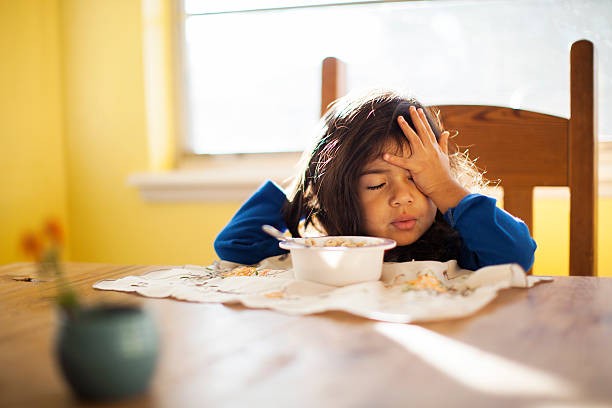
Grief-related nightmares
Nightmares are a common reaction to grief, especially after a death has occurred. If a child is experiencing persistent nightmares following a bereavement, it’s important to reassure them that this is completely normal and often a way for the mind to process difficult feelings. Help them confront and reframe their nightmares by asking them to imagine alternative, positive endings. Nightmares usually become less frequent over time, but they can nonetheless be very distressing for grieving children. If they don’t settle after a few months, seek guidance from a health practitioner or a GP.
Childhood bereavement support
When supporting grieving children with sleep issues following the death of a loved one, it’s important to show empathy, patience, and adaptability. By establishing a routine, providing a comfortable sleep environment and encouraging open communication, parents and carers can provide support to grieving children experiencing sleep issues after a bereavement.
If your child is a member of Scotty’s Little Soldiers, the charity for bereaved military children, then they are also able to access 1:1 bereavement support with our Child and Young Person Bereavement Support Worker.
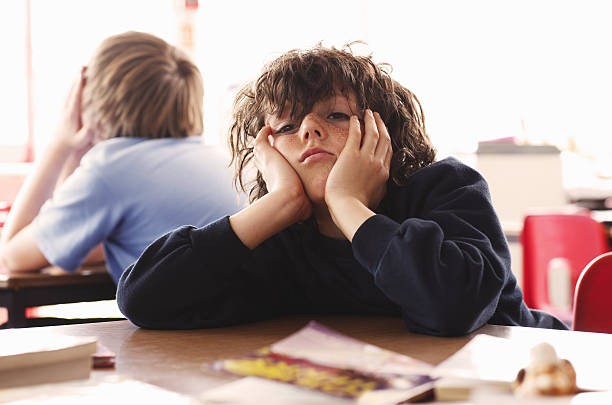
About Scotty’s
Scotty’s Little Soldiers is a military charity dedicated to supporting children and young people (0 to 25 years) who have experienced the death of a parent who served in the British Armed Forces.
Inspired by the experience of Army widow Nikki Scott, following the death of her husband Corporal Lee Scott in Afghanistan in 2009, the charity, which was set up in 2010, provides support and guidance to hundreds of bereaved military children and young people throughout their childhood.
Scotty’s supported over 650 bereaved children and young people in 2023. Services offered include access to child bereavement support, guidance to parents and carers, personal education and learning assistance (including grants), and fun activities such as holiday respite breaks and group events. These are all designed to remind the children and young people supported by Scotty’s that they are not alone.
If you know a child or young person who has experienced the death of a parent who served in the British Armed Forces, they could be eligible for specialist bereavement support from Scotty's Little Soldiers. Hundreds of bereaved military children aren’t getting the support they need but we are here to help.
If you know a bereaved military child who could benefit from Scotty’s Little Soldiers support, visit our Get Support page for more information.
